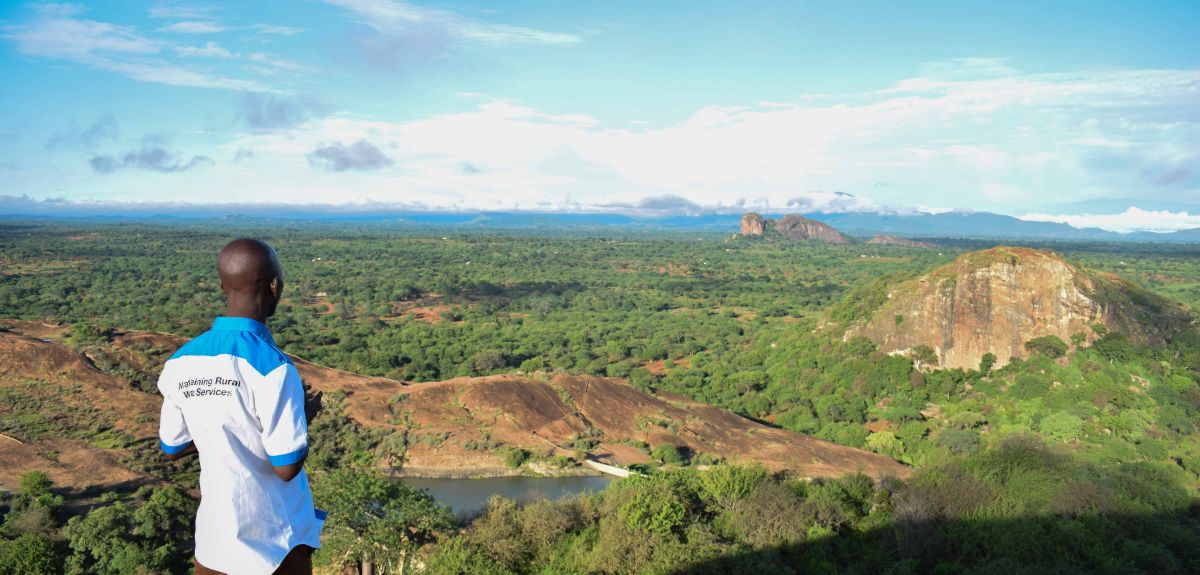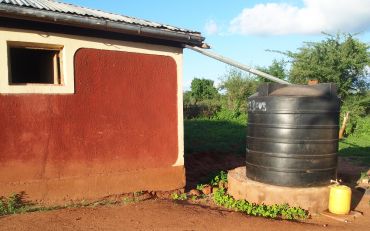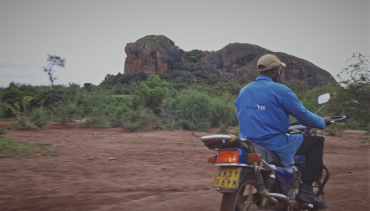
Water matters: for girls, for education, for future prosperity
By Professor Robert Hope, professor of water policy, director of the REACH programme.
Water is vital – not just for drinking and health, but for life chances and education. Without water, how can you learn? And yet more than half a billion children around the world do not have access to basic water supplies in schools.
Today, on World Water Day, the REACH programme to improve water security for 10 million poor people in Africa and Asia is releasing an animated film to highlight the critical importance of water, climate and education in Kenya.
We all recognise the need for water for handwashing as well as for drinking, sanitation, food preparation and cleaning facilities. But water matters to educational outcomes. In many countries, providing reliable and safe water to schools is a challenge. Globally, an estimated 584 million children lack basic water in schools. In Africa, four in ten rural schools do not have access to basic water supplies.
We all recognise the need for water for handwashing as well as for drinking, sanitation, food preparation and cleaning facilities. But water matters to educational outcomes
Girls are particularly affected by insufficient water, especially if there are no facilities and water for menstrual hygiene.
Global evidence shows girls who complete secondary education are more likely to get better paid jobs, shape their family choices, and pass on these opportunities to their children compared to girls who drop out of school early. In Kenya, investments are being made to ensure water is available in rural schools by providing tanks for rainwater harvesting. This is a good option in areas where rainfall is reliable throughout the year.
 Rainwater harvesting tank. Photo by Rob Hope.
Rainwater harvesting tank. Photo by Rob Hope.But, in Kenya, rainfall patterns are increasingly unpredictable with many dry months. Rainwater tanks often do not last through dry periods, leaving schools with limited alternatives. Schools then face difficult choices depending on access to other water sources.
Oxford University researchers have supported the work of a local professional service provider, FundiFix Ltd, to guarantee repairs in water supplies in schools, clinics and communities water are fixed fast. Some 80,000 people benefit today from FundiFix’s work with future initiatives working to scale and sustain the benefits for millions more.
 FundiFix bike. Photo by Jeff Waweru
FundiFix bike. Photo by Jeff Waweru What Louise Thompson’s campaign tells us about the national maternity crisis
What Louise Thompson’s campaign tells us about the national maternity crisis Celebrating 25 Years of Clarendon
Celebrating 25 Years of Clarendon  Learning for peace: global governance education at Oxford
Learning for peace: global governance education at Oxford  What US intervention could mean for displaced Venezuelans
What US intervention could mean for displaced Venezuelans  10 years on: The Oxford learning centre making an impact
10 years on: The Oxford learning centre making an impact Oxford and The Brilliant Club: inspiring the next generation of scholars
Oxford and The Brilliant Club: inspiring the next generation of scholars New course launched for the next generation of creative translators
New course launched for the next generation of creative translators The art of translation – raising the profile of languages in schools
The art of translation – raising the profile of languages in schools